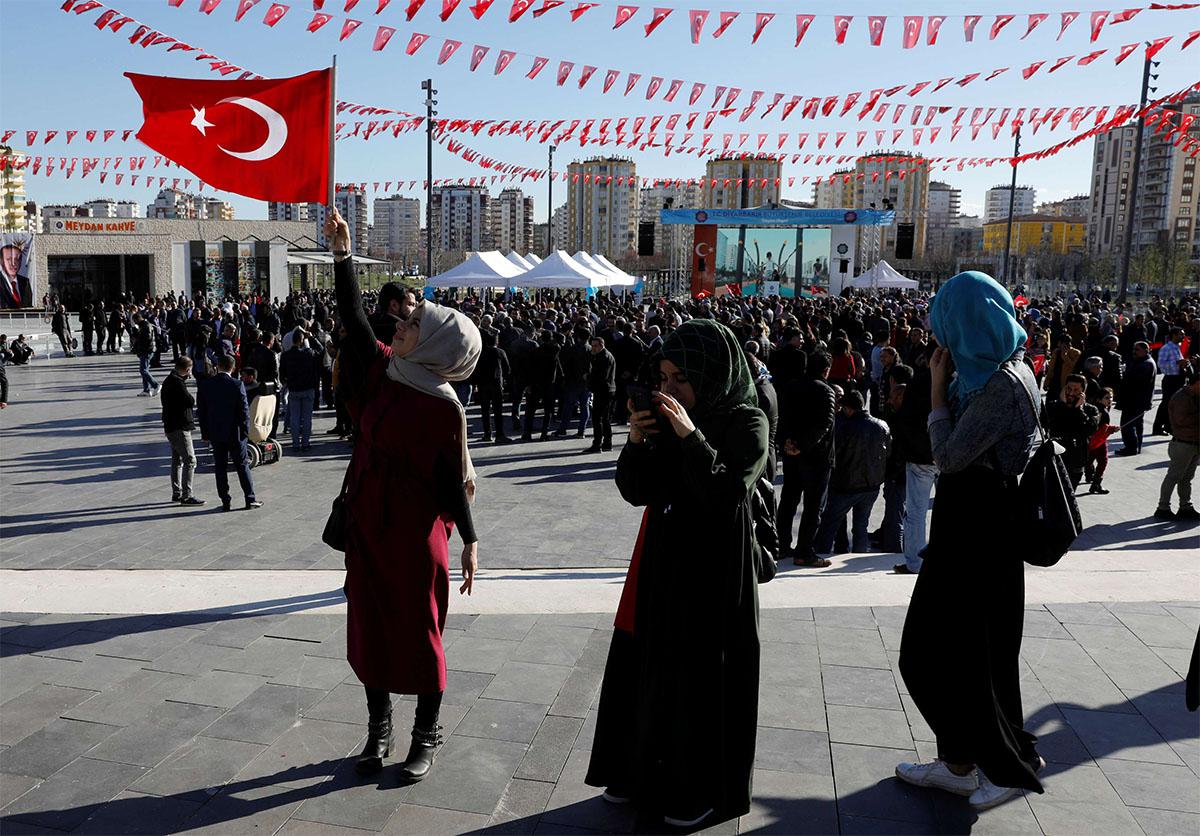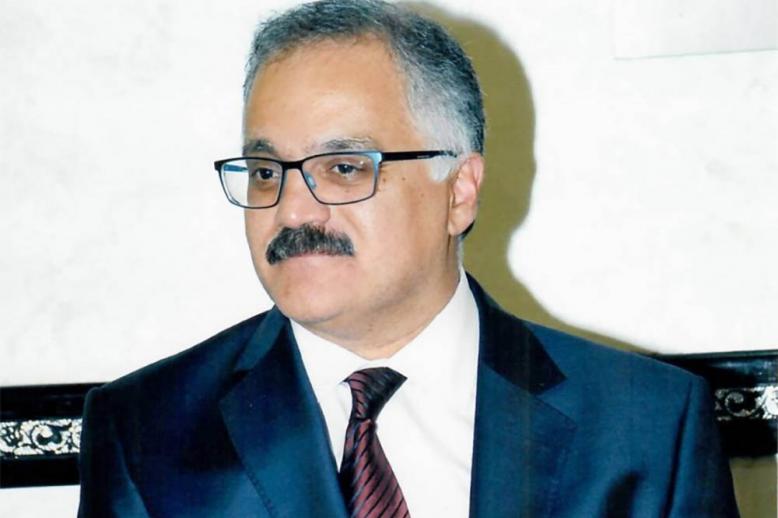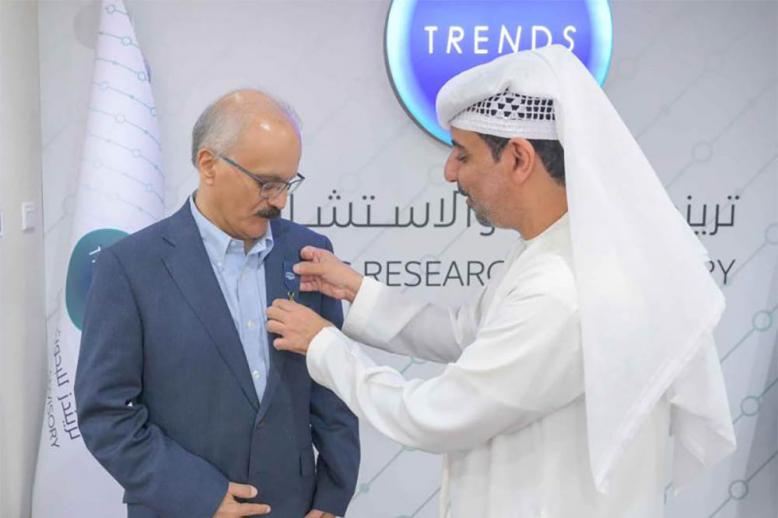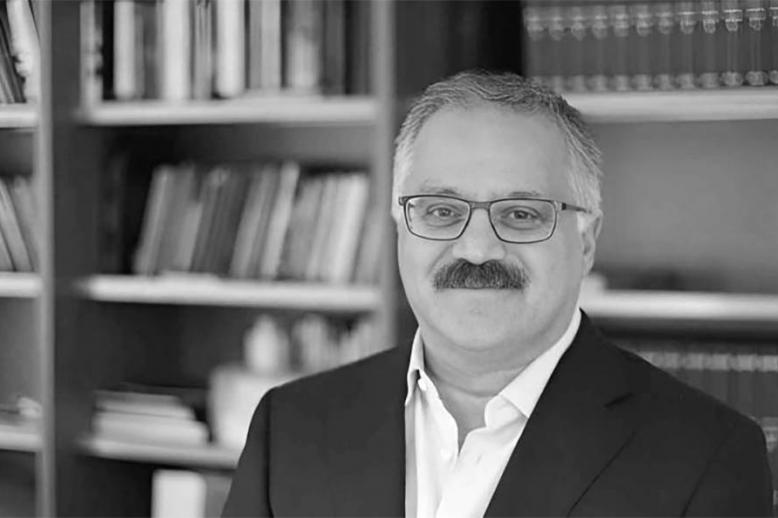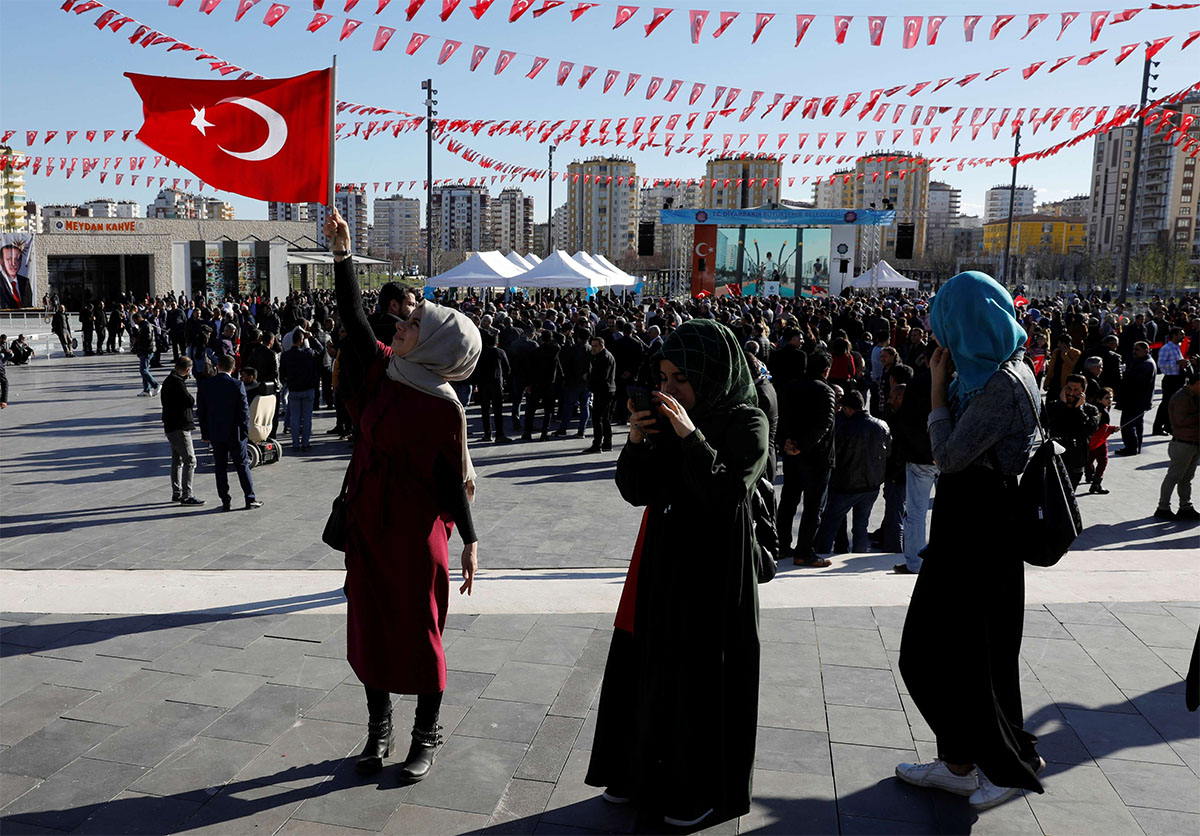Two rays of hope in post-election Turkey
The state of local elections in Turkey can be summed up by the remarks of the observer delegation of the Council of Europe: “These elections are a chance for the full reinstatement of the principle of direct democratic mandate in Turkey.”
The repetitious vote count has, as expected by realistic observers of the country, caused turbulence and severe anxiety.
Uncertainty is the reason undue furore may lead to a misreading of what the results mean. Assertions such as “Turkish democracy is the winner in these momentous local elections” may prove to be jumping the gun.
In an analysis for the Guardian, Sinan Ulgen, director of the Turkish think-tank EDAM, falls into this trap by concluding: “Despite being saddled with big problems, Turkish democracy demonstrated its resilience and vibrancy and hinted at a future beyond populist and divisive politics.”
The problem with such argumentation stems from the terminology. There was not much Turkish “democracy” to speak of before the elections and the uncertainty, which hints at a “hijack” of the Greater Istanbul Municipality by the alliance under the leadership of Turkish President Recep Tayyip Erdogan, casts dark shadows over the term.
If anything, one could speak of “continued resistance of the opposition voter bases” to a system in which fairness and transparency of the ballot-box process are non-existent.
One can certainly not speak of “democracy” in an environment where the third largest party, the pro-Kurdish Peoples’ Democratic Party, is severely bruised by arrests, threats and harassment and with its leaders kept in prison.
Neither can one have trust in accountability of a voting process in which the rule of law has collapsed: There is no credible autonomy of state institutions, including the Supreme Electoral Council, which manifests convulsions under extreme political pressure by the executive.
It is, therefore, important to curb the enthusiasm and not mislead world opinion. It is true that opposition voters in Turkey showed that the elections on March 31 were a crucial threshold before Turkey fell prey to consolidated authoritarian rule.
The 84% turnout was a healthy sign of a collective insight that the ballot box was the only leverage to pull the brakes for Erdogan and his like-minded supporters, nested in state apparatus and business.
It is also true that the mainstream opposition block, consisting of secularist Republican People’s Party (CHP) and nationalist Iyi Party, gained control of municipalities that signify embrace of the two-thirds of the GDP.
However, it is also true that Erdogan and his nationalist ally, Devlet Bahceli, won nearly 52% of the nationwide vote on mayoral races and in city councils.
The ground on which Erdogan stands is not shattered but slightly shaken. Having displayed time and again a remarkable skill for survival, Erdogan may throw enthusiastic analysts another curveball. How? The answer is simple: The Turkish president has the “system,” which has nothing to do with “Turkish democracy” as suggested. On the contrary, it was designed and implemented to serve his ambition for absolute power by the referendum on April 16, 2017.
Erdogan won it with 51% of the vote then and, despite much deeper challenges on economy and foreign policy, he may claim that the pro-Erdogan bloc is shaken but still solid. Since there are no elections scheduled until 2023, he will not be in a hurry to exercise powers over the local administrations given to him. His real challenge will be within his party: He may choose to go with full force to reassert his authority.
At the moment, we may sweep aside undue exuberance and suffice with saying that the mainstream opposition bloc has helped to slightly open the gate to “democracy.” There is a little more light coming into the darkness caused by cruelty in the country.
Let me finish by underlining two key factors, which offer strong opportunities for any future challenge to Erdogan’s power.
One is the Kurdish vote. Without the tactical Kurdish voting, we would not see any loss at all for Erdogan’s alliance in Istanbul, Ankara, Adana, Mersin and the tourism hub of Antalya. Kurds have become the game-setters for the outcome of the elections, which means a change in the asymmetry of power balances on the local level.
The second has to do with a rising star: Ekrem Imamoglu. Having emerged from “bottom up,” which is unusual in the vertically run Turkish politics, Imamoglu proves to be a tough nut to crack under the disguise of a soft-mannered man.
His performance as a contester for Istanbul as the candidate of the opposition bloc reminds us strongly of the late Turkish President Turgut Ozal, who in the mid-1980s took Turkey out of military rule by embracing a large spectrum of political ideologies.
If he remains persistent and resilient to the political intrigues his party — the CHP — is known for, Imamoglu is possibly the best outcome of Turkey’s local elections, symbolising a chance for change in Turkey, albeit in slow motion.
Imamoglu may save the country, which for years posed as the outcast from the ship of democracy.
Yavuz Baydar is a senior Turkish columnist, and news analyst. A founding member of the Platform for Independent Journalism (P24) in Istanbul, he has been reporting on Turkey and monitoring media issues since 1980. A European Press Prize Laureate in 2014, he is also the winner of Germany's 'Journalistenpreis' in 2018.
Copyright ©2019 The Arab Weekly

